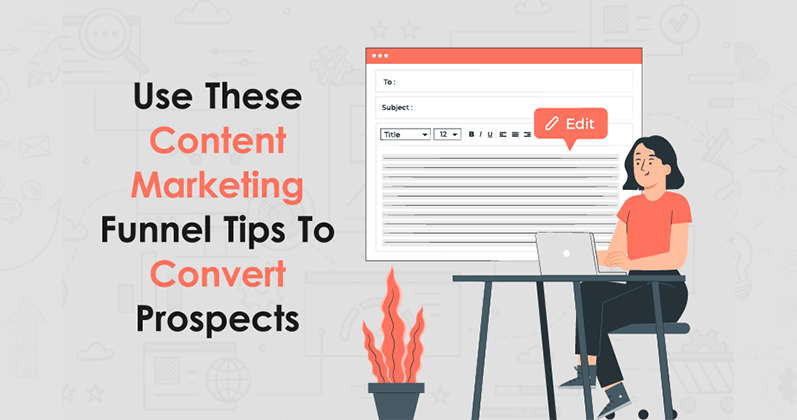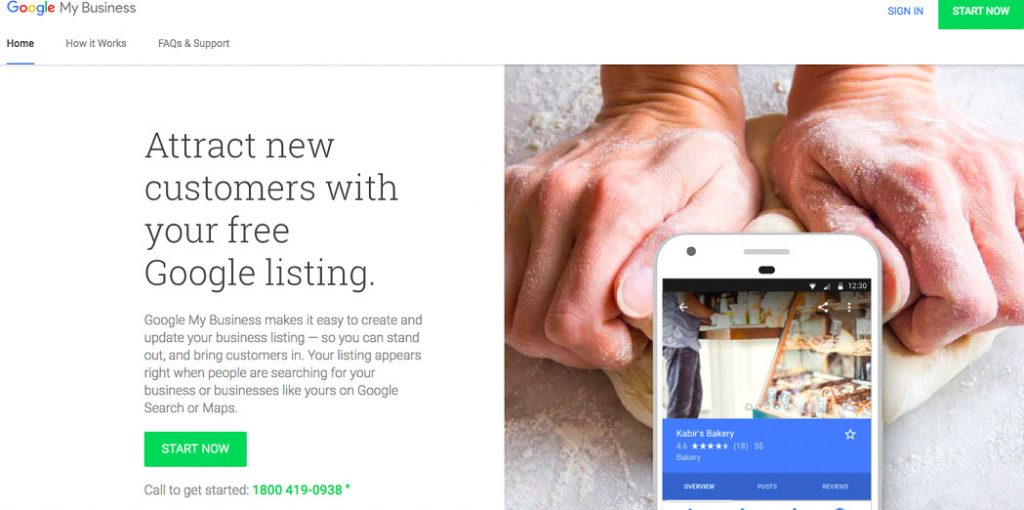Understanding Keyword Metrics And The Benefits Of Tracking Them
1. Search volume
Targeting only keywords with high search volume at all times might not be the best thing to do as there will be more contenders in the category, and it can become challenging to rank higher. It is always best to use a wide range of keywords with varying search volumes (not too low) in your content marketing and SEO strategy. Search volume will also help you identify areas for improvement to boost organic traffic to your website.
2. Click-Through Rate (CTR)
Ranking high on search engines without attracting your target audience will do your business no good. It is important that your website is able to attract them to click and learn more about your business. A good CTR also indicates that your title tags and meta descriptions are able to entice your target audience into clicking. The metric is essential as it directly impacts the website traffic and success of current SEO strategies.
3. Keyword difficulty
Tracking keyword difficulty is an effective way to find opportunities that will help you rank higher on search engines. If you are choosing keywords with a higher keyword difficulty, it can get challenging and more time-consuming to rank. Choosing a keyword that has moderate to low difficulty will make it easier to rank. However, it is essential that you are not after keywords with low keyword difficulty at all times. Creating a balance between them is important.
4. Keyword Intent
Tracking keyword intent helps in identifying areas that can be improved to increase engagement and conversion rates. Understanding and delivering content to meet search intent will help you attract your target audience easily.
5. Cost-Per-Click (CPC)
Analyzing keyword performance in your CPC campaigns can help in making impactful decisions for your SEO strategy as well. A high enough CPC is an indication that a keyword is of value in terms of conversion potential and can be used to attract traffic to the website.
6. Ranking progress made
This metric will help you gain insights into what’s really working in your SEO strategy while creating room for experimentation. It also helps in understanding if your website and content are living up with the trends or if you need to make adjustments to stay ahead of the competition.
7. Long-Tail Keywords
Long-tail keywords are important as they can attract a highly targeted audience and have the potential to improve the conversion rate of the website. People making a search using long-tail keywords are often clear about what they are looking for and are mostly likely in a purchase frame of mind. Including these in your SEO strategy will help you reach your target audience more effectively and grab their attention quickly.
8. Seasonal changes in ranking
As most people are looking to spend time with family and friends, they are often on the lookout for gifts, services, or products that will help them magnify the joys of this time. These keywords are particularly important for eCommerce and service-based businesses.
















